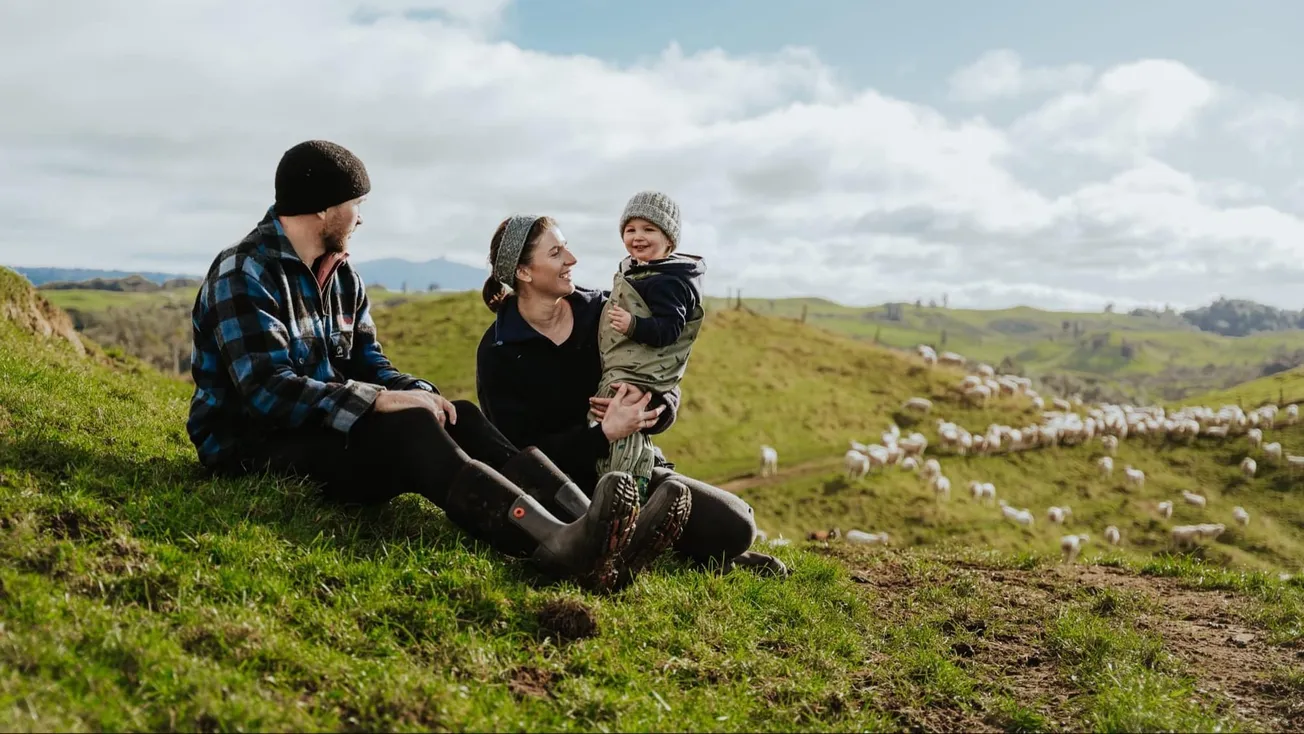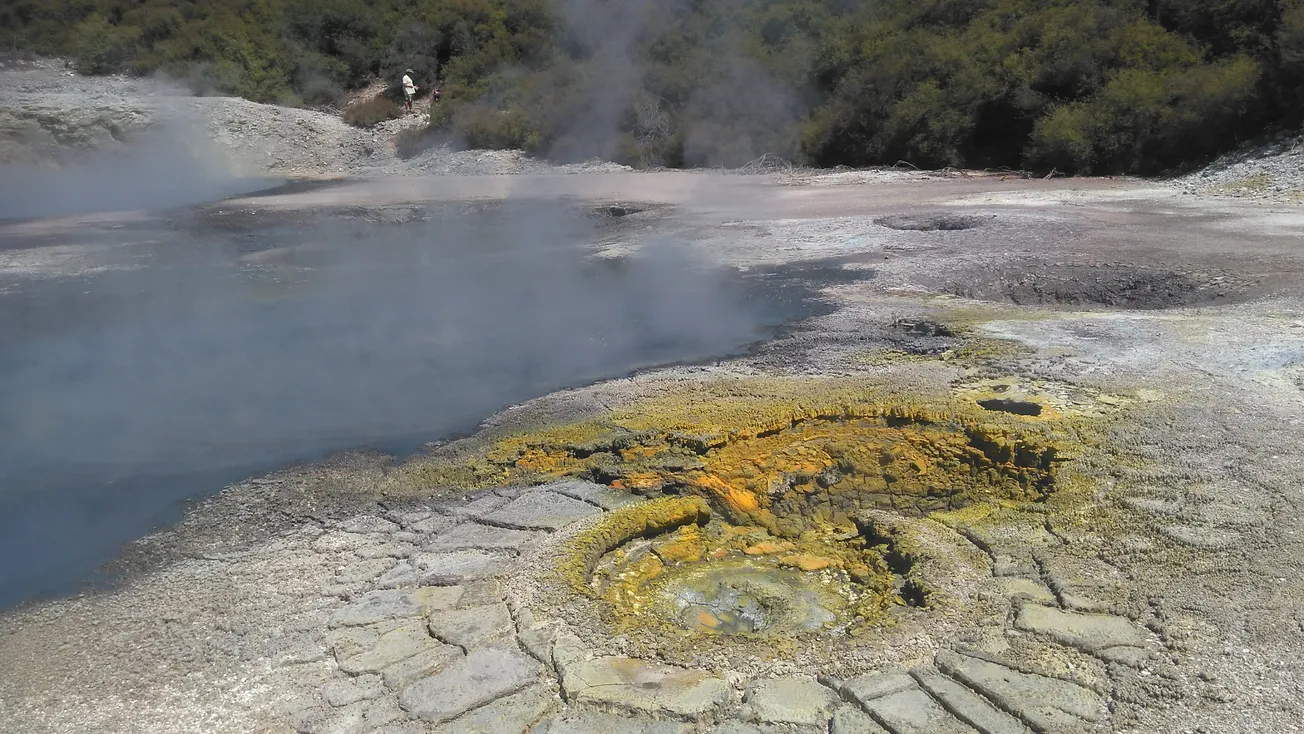Lake Taupō protection from a rural perspective, sheep dairying and current climate effects on farming in the catchment will be up for discussion at April’s Taupō Lakes and Waterways Action Trust meeting.
Tihoi dairy sheep farmer and Federated Farmers Rotorua-Taupō meat and wool chair Ruby Mulinder who will present to the Trust on April 24, well knows farming is facing challenges on several fronts.
As well as this year’s extended dry, there have been market pressures on higher value products post-Covid and a drop off in demand from China, resulting in softer prices, she says.
But in a fourth year milking sheep along with husband Sean Nixon, a process engineer in the milk sector, Mulinder says their ewes have produced well, reared a lot of lambs and that the sheep dairy model is a good fit with nitrogen restrictions, calling their ewes “little environmental do-gooders.”
While other catchments are still trying to work out their baseline requirements, those in the Taupō catchment know what they’re functioning with and the tools they need to utilise to model different system changes.
Healthy well-performing stock fed on well-maintained pasture is key, she says.
The more productive and efficient an animal means any output or waste is getting diluted over more product – the same number of animals but for them to be healthy and performing well resulting in good animal welfare and high-quality produce.
“If it’s done well, it’s also very sustainable,” she says.
The catchment is a good example of bold decisions made early, says Mulinder, who has also been working with farmers on the Chatham Islands in her role as an Agri Concepts farm consultant.
“The challenge now, especially for sheep and beef operations, is how do they continue to be productive and potentially still look at alternative land use opportunities to actually stay financially viable.”
The Emission Trading Scheme which has seen a push for whole farms to be planted in pine trees, is one of the sector’s biggest challenges, she says.
“We need farms to be productive because productivity out the gate means less nutrients disappearing elsewhere, because they’re being sent away and being consumed by someone. We are seeing real challenges for the sheep and beef sector which is a fundamental part of our rural communities and land stewards. We must continue to adapt to ever-changing dynamics to see our sector survive and thrive.”
Mulinder’s presentation at 5.15pm at Waiora House will be followed by a brief trust annual meeting and nominations for trustees.





